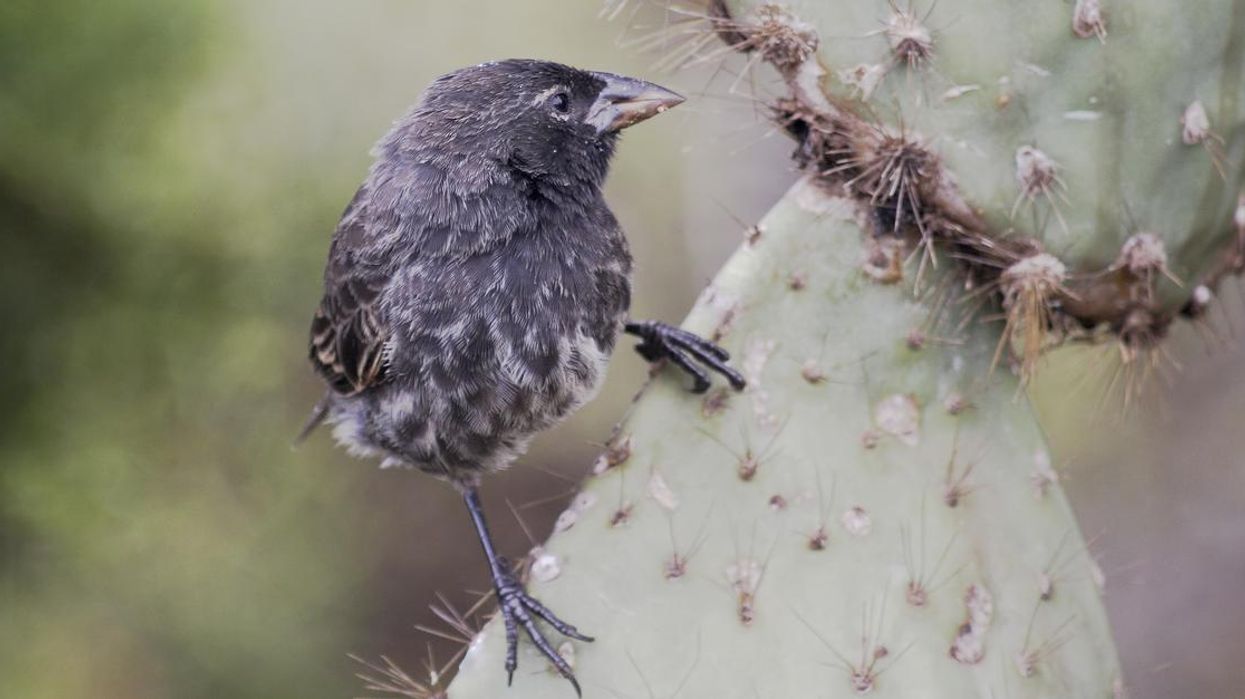News
Greg Evans
Nov 25, 2017

Picture:
Getty Images/iStockphoto
"It is not the strongest of the species that survives, not the most intelligent that survives. It is the one that is the most adaptable to change."
Those are the words of Charles Darwin, the father of the theory of evolution.
If he was alive today, he would surely be astonished by the progress of one species of bird which has evolved so quickly it can be traced in real time.
The birds in question are the Galapagos finches, who reside on the Galapagos archipelago in the Pacific Ocean.
Several different species of the bird exist there, but recently a new species has been observed on the Daphne Major island. It has reportedly only 30 individuals in its contingent.
This revelation was discovered thanks to research conducted over the past four decades by Peter and Rosemary Grant of Princeton University.
Rosemary is quoted as saying:
The novelty of this study is that we can follow the emergence of new species in the wild.
Through our work on Daphne Major, we were able to observe the pairing up of two birds from different species and then follow what happened to see how speciation occurred.
They first noticed a new male bird back in 1981, but at first they were not convinced that it was a new species. This was despite the observed bird being larger than the other males on the island, and having a different beak.
It is believed that the stray bird was a Geospiza conirostris, or a large cactus finch, which had flown 62 miles from Espanola island.
When he was unable to return home he chose a mate on the island to reproduce with, creating a new species.
Peter Grant adds:
We didn't see him fly in from over the sea, but we noticed him shortly after he arrived.
He was so different from the other birds that we knew he did not hatch from an egg on Daphne Major.
The offspring of this new species also reproduced in isolation, mating with its own lineage and strengthening its own development and growth.
In just two generations the birds now have their own population, something that the Grants once thought was once "highly unlikely."
Their study on the species has now been published through Eureka Alert, and according to Professor Leif Andersson of Uppsala University, Darwin would been eager to read about this discovery.
He said:
We have no indication about the long-term survival of the Big Bird lineage, but it has the potential to become a success, and it provides a beautiful example of one way in which speciation occur.
Charles Darwin would have been excited to read this paper.
HT IFL Science
Top 100
The Conversation (0)













